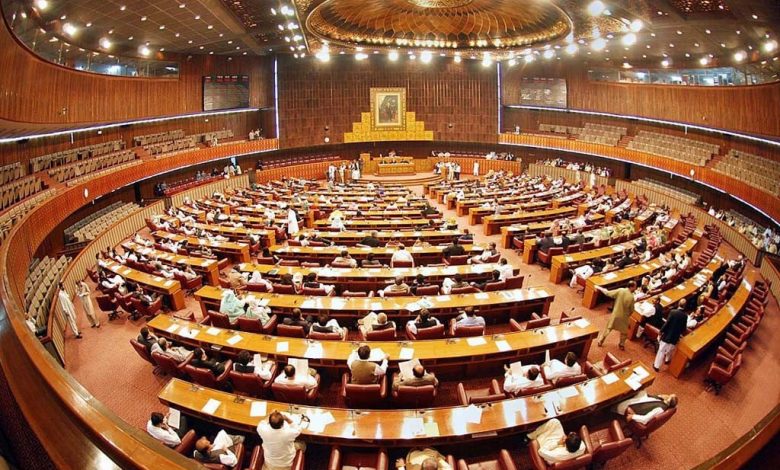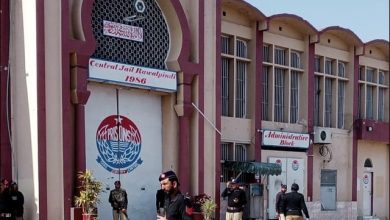Parliament passes key bills on SC expansion, military chiefs’ tenure extension

The National Assembly on Monday approved a legislative amendment to extend the tenures of all armed services chiefs from three to five years. Hours later, the Senate approved the same set of bills, sending them to President Asif Ali Zardari for final approval.
Defence Minister Khawaja Asif presented amendments to the Pakistan Army, Navy, and Air Force Acts, which were passed by majority vote amidst intense protests from opposition members. This amendment will extend the tenure of all military chiefs from three to five years.
The proposed changes will align the retirement and reappointment regulations across the armed forces, giving the president authority, upon the prime minister’s advice, to appoint, reappoint, or extend terms for these positions for up to five years.
The amendments remove previous age limits and extend tenure options, enabling the Chief of Army Staff and other military leaders to continue serving as generals beyond the earlier prescribed 64 years, should national security or critical needs arise.
Moreover, Law Minister Azam Nazeer Tarar also presented proposals to increase the number of judges in the Supreme Court and Islamabad High Court, which were subsequently approved by the House.
Tarar presented the the Supreme Court Number of Judges (Amendment) Bill 2024 for parliamentary approval, proposing an increase in the number of Supreme Court judges to 34. As the bill was introduced, the opposition erupted into chaos, raising slogans and protesting.
Additionally, the law minister introduced the Islamabad High Court Amendment Bill 2024, explaining that the number of judges in the High Court would be raised from nine to 12.
The changes also include amendments to the Supreme Court (Practice and Procedure) Act, 2023, to incorporate constitutional benches, expanding the scope and composition of judicial panels.
Proposed additions to Article 191A of the Constitution will enable these benches to address constitutional matters, with an administrative committee of senior judges responsible for allocating cases to either the Supreme Court or constitutional benches.
Despite the disruption, the minister briefed the assembly on the provisions of the bills, highlighting the backlog of thousands of pending cases at the Supreme Court’s registry, which necessitates the increase in judicial capacity.
Tarar highlighted the need for additional judges to manage case backlogs and facilitate the formation of constitutional benches.
He noted that various bar associations, including the Supreme Court Bar Association (SCBA), had advocated for this increase to expedite cases across Pakistan’s judicial centers in Karachi, Quetta, Peshawar, and Lahore.
Immediately after the law minister and the defence minister presented the bills, the National Assembly proceeded with voting despite ongoing noisy protests from the opposition and approved the amendments.
During the voting session, opposition members disrupted proceedings, chanting slogans, surrounding the Speaker’s dais, and tearing copies of the bill in protest. The uproar escalated, with some members engaging in physical altercations.
These legislative moves reflect the government’s focus on judicial reform and the standardisation of military leadership tenures, addressing institutional demands and fostering continuity.




